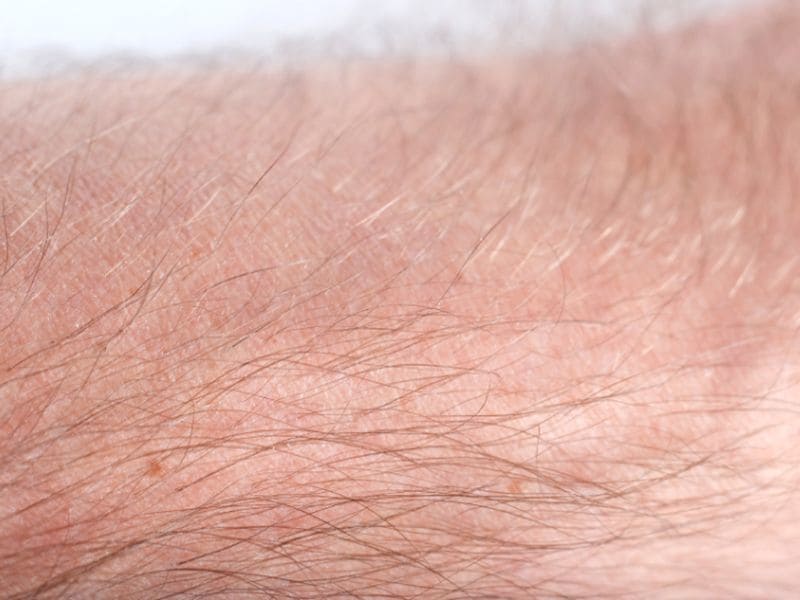
Regular eye checkups are important, especially for children, the American Optometric Association says. The newborn checkup at the hospital isn’t enough, the group warns. By age 6 months, the association recommends that all children have a thorough eye exam. If your child has a healthy prognosis from the eye exam, the AOA says the child… read on >
















